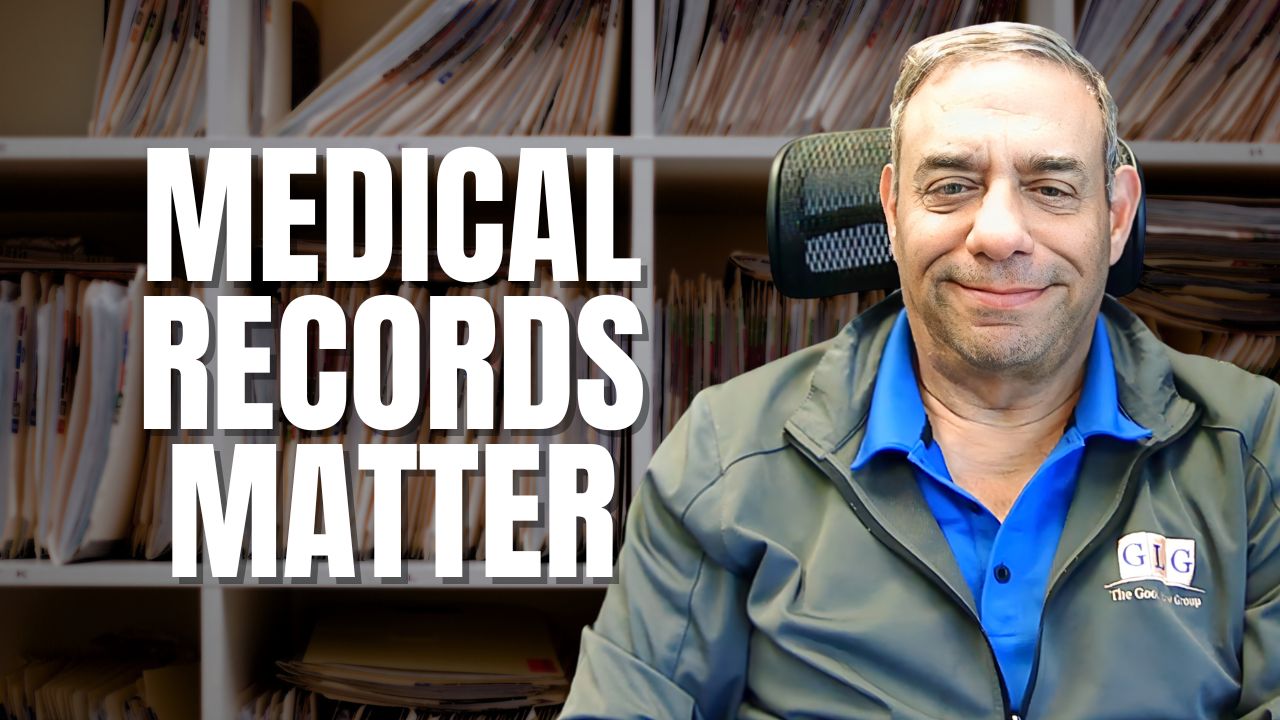At the Good Law Group we have leveraged nearly 25 years of legal experience to offer caring and compassionate Social Security Disability(SSD) assistance to disabled and ill clients. Using the knowledge gained in our years in practice, our firm works effectively and efficiently to complete and file your application for SSD benefits or appeal a denial of a previously filed disability benefits claim. Here are some important things we have learned about the process through our years of handling SSD cases.
There Is No Waiting Period Before You Can Apply
There is absolutely no waiting period before you can file for SSD benefits. As soon as you become disabled, you should begin exploring your options and preparing your initial application. Unfortunately, many people will wait too long to file for benefits which hurt their case in the long run. If your doctor, therapist or vocational rehabilitation officials recommend that you file for disability, then you should absolutely take their advice.
If you wait more than a year before filing for benefits after becoming disabled, you may be losing some of the benefits you would have been entitled to otherwise.
What You Can Expect at an SSD Hearing
SSD hearings are private and not open to the public. You will be in a courtroom that feels like a conference room with an Administrative Law Judge (ALJ). There will be a court reporter, your attorney, a Vocational Expert (VE) and possibly a Medical Expert (ME).
When the hearing begins, you will be sworn in as an official witness for testimony, and all of your medical evidence will be admitted formally to a written record referred to as your file.
How the Social Security Office Defines Disability
Disability is the “inability to engage in any substantial gainful activity because of any medically determinable physical or mental impairment which can be expected to result in death or has lasted or can be expected to last for a continuous period of not less than 12 months.” Put another way, this means you cannot be employed on a full-time basis. Unlike Workers’ Compensation or VA Disability, under Social Security, you are either completely disabled or not disabled. There is no such thing as a partial, or percentage, of disability.
What You Should Know Before You Complete an Application for SSD Benefits
Keeping your medical records up-to-date is one of the most important tasks you will need to stay on top of during the application process. If your disability or financial situation makes it difficult for you to visit the doctor’s office on a regular basis, you should seek assistance from family members and look into free local clinics.
Without a well-documented medical record, your case reviewers will have a harder time reaching a decision about your application. After all, the state of your physical/mental disability must be completely clear to the person reviewing your application in order for them to approve your disability payments.
Do NOT Give Up Once You Have Started the Process of Obtaining SSD Benefits
There may be times when your application process is moving so slowly that you feel it may never be completed. During this time you may receive information from a mental or physical health professional that makes your approval for SSD benefits seem less likely. Although such instances can be discouraging, it is important that you never give up on the application process once you have started.
It is obviously important to try and receive the benefits you need. If your application or request for reconsideration was denied do not get discouraged as this is very common. Your attorney, family members, and medical practitioners can help keep you motivated throughout the process so you should never allow yourself to feel alone during this trying time.
If you have any questions about the SSD process or are interested in learning more about your application, contact us today at #(847) 577-4476 or complete this online form for a complimentary case evaluation.









